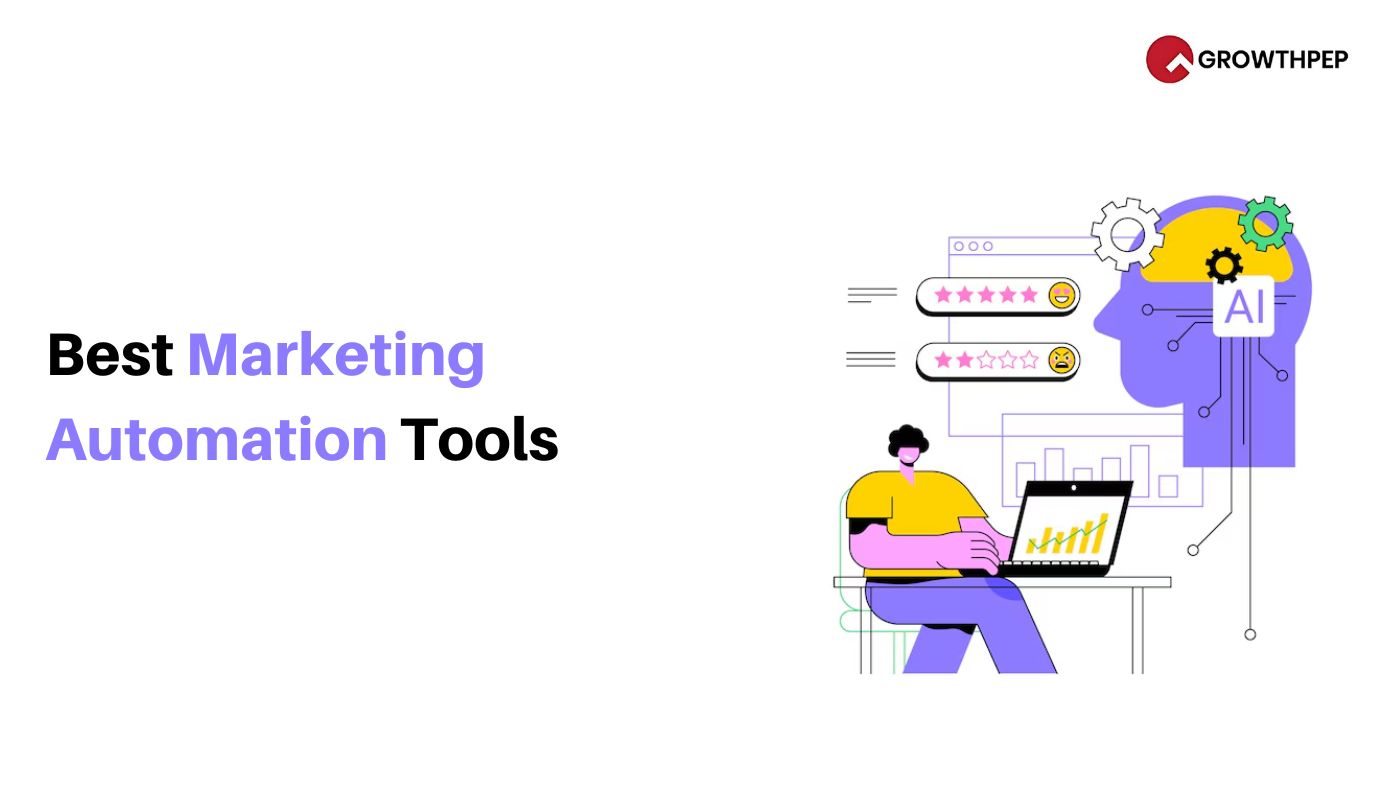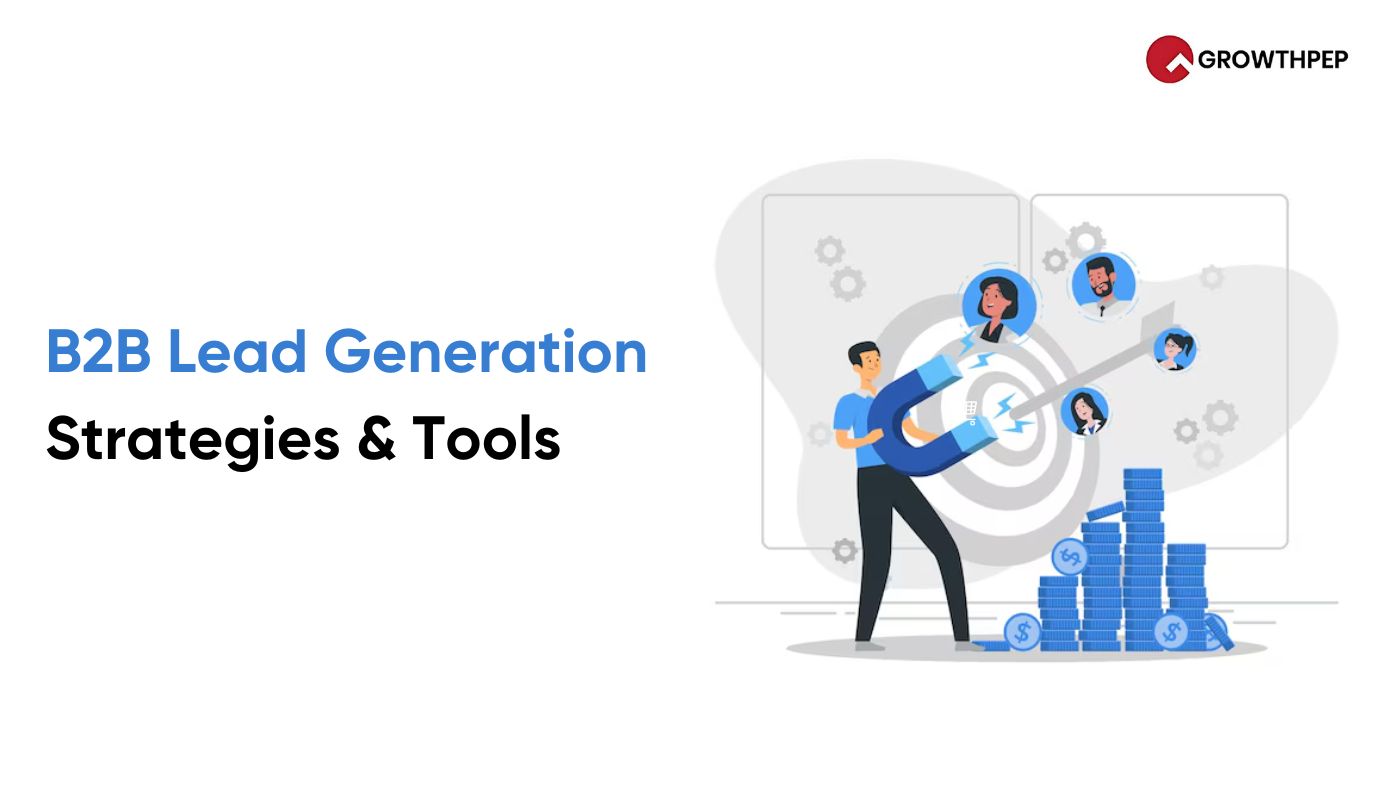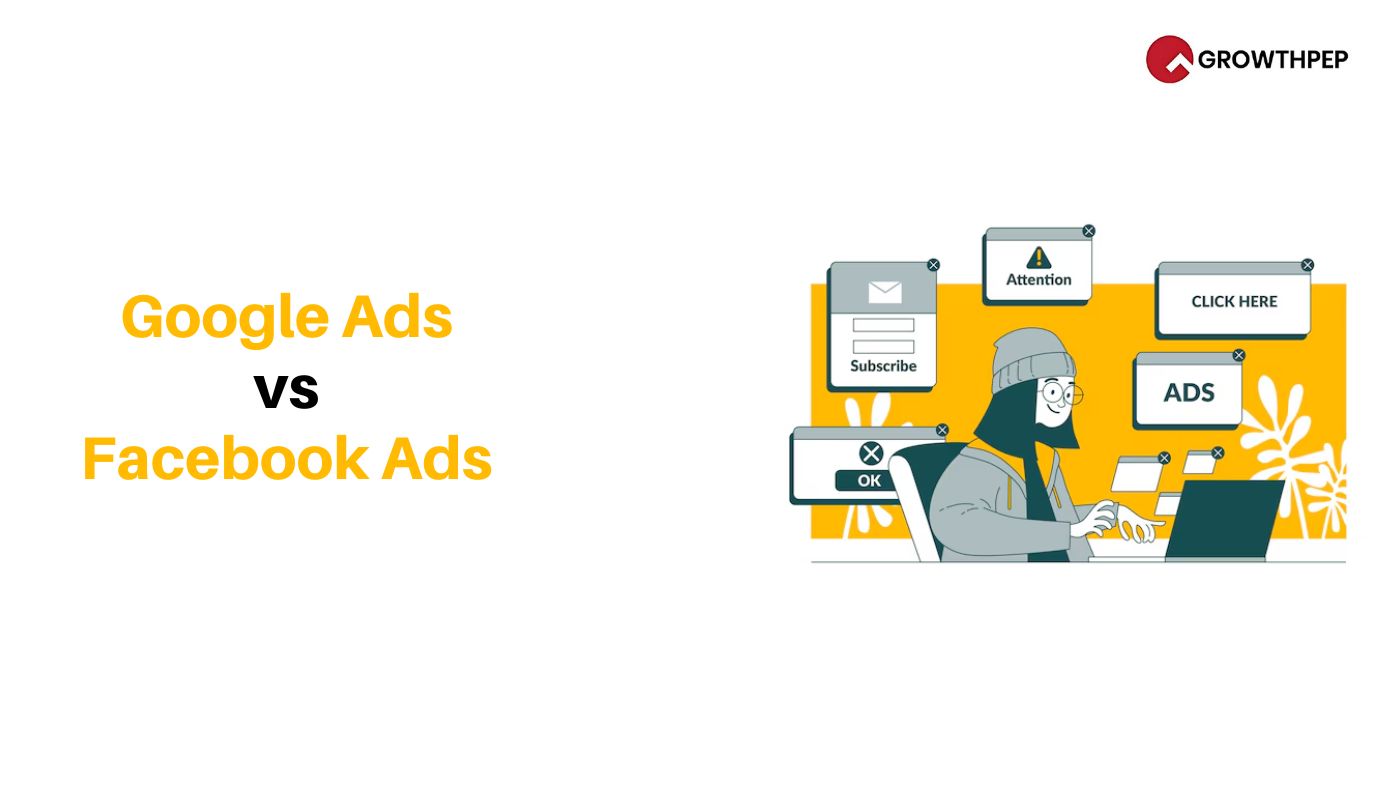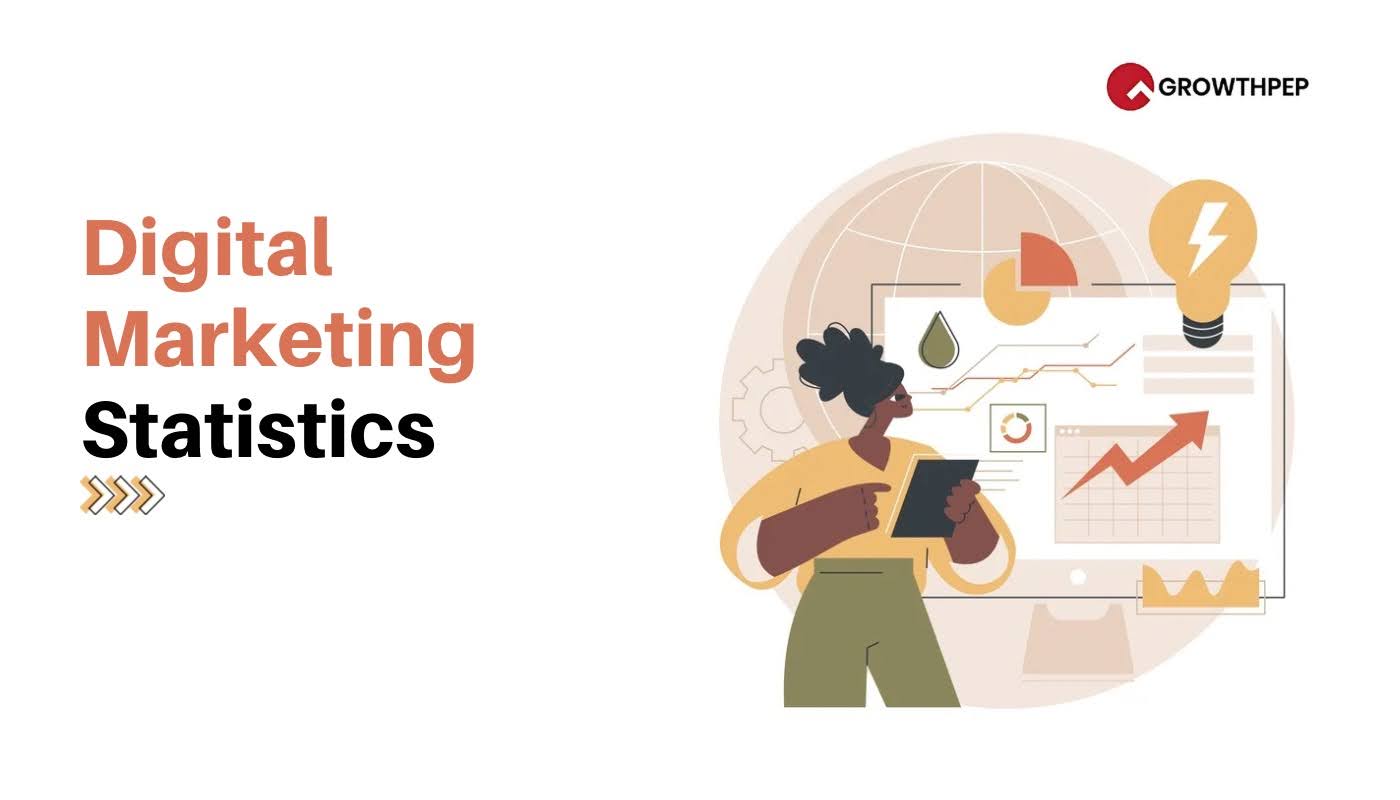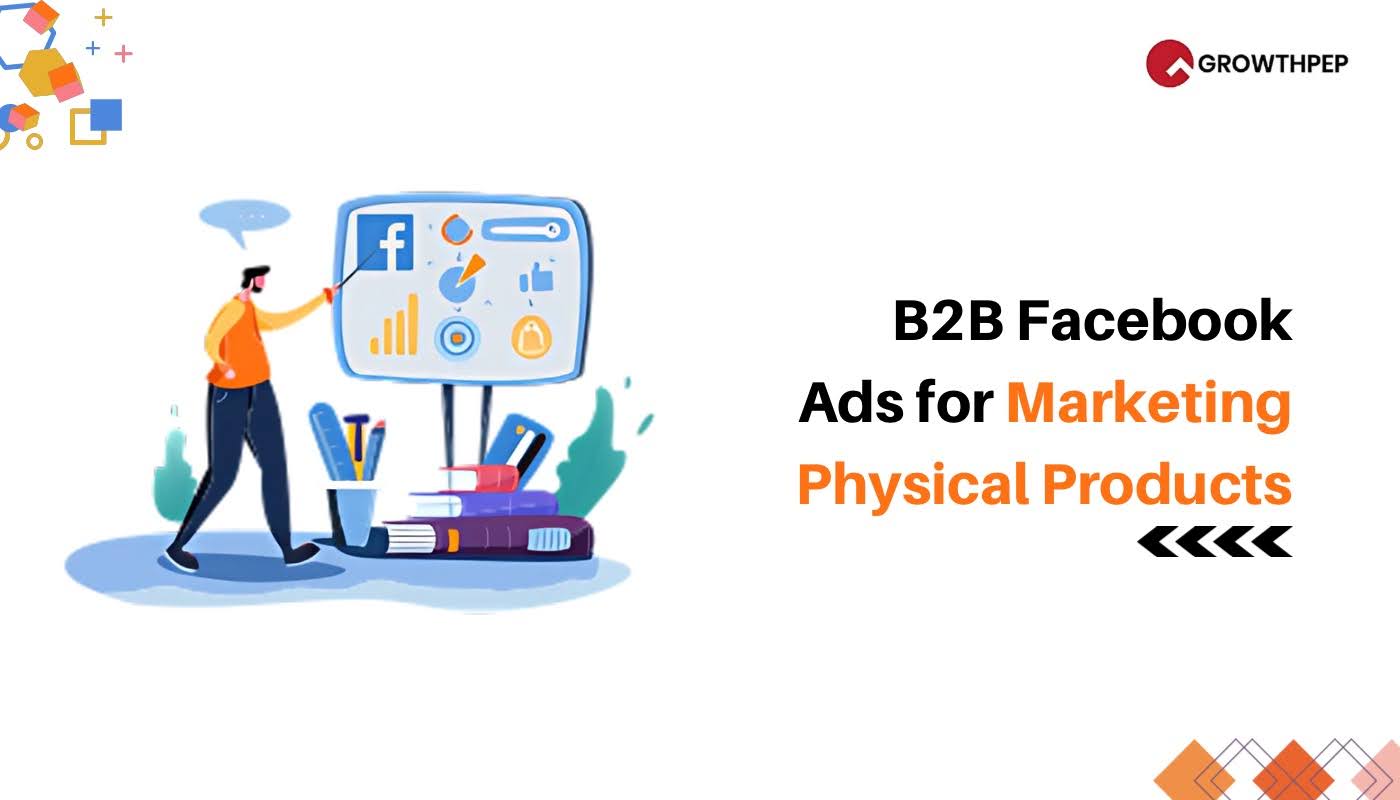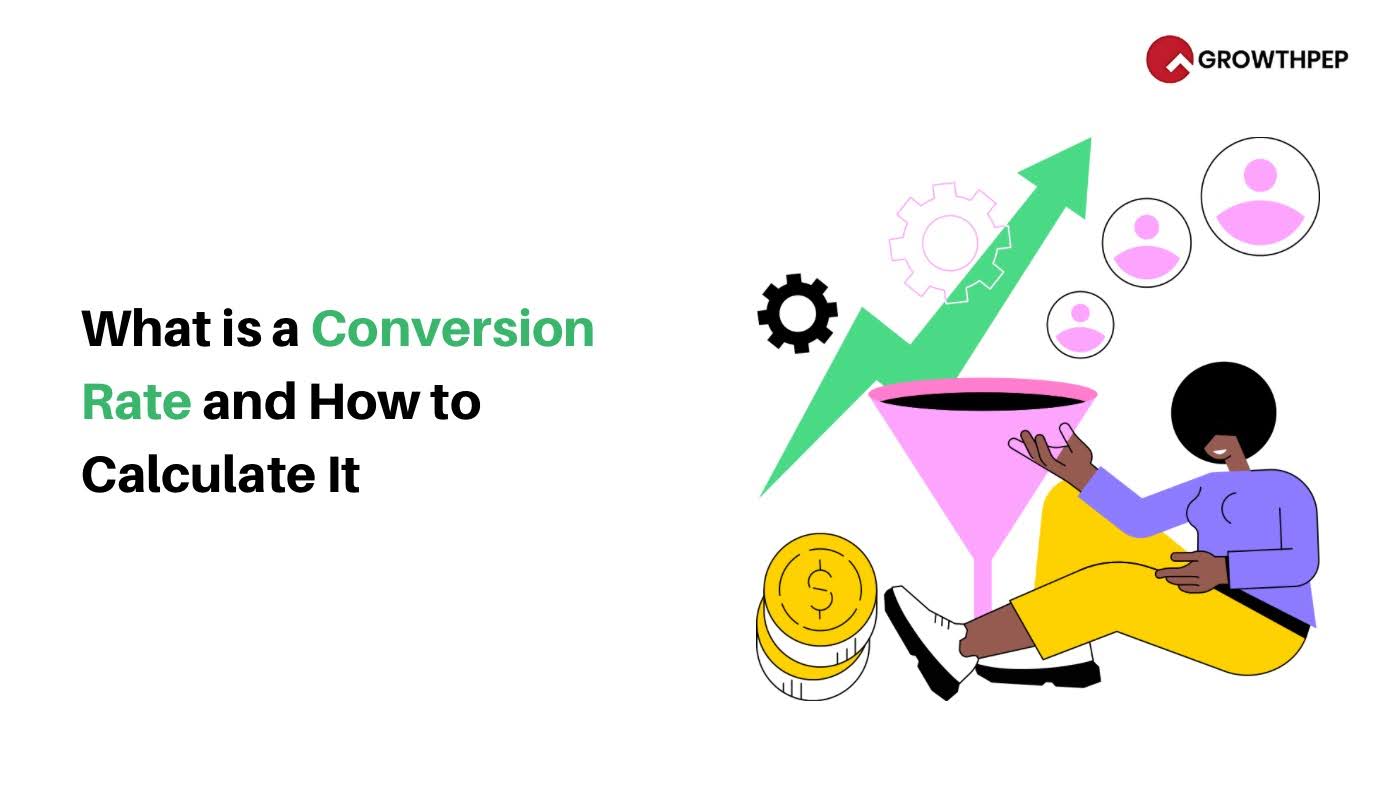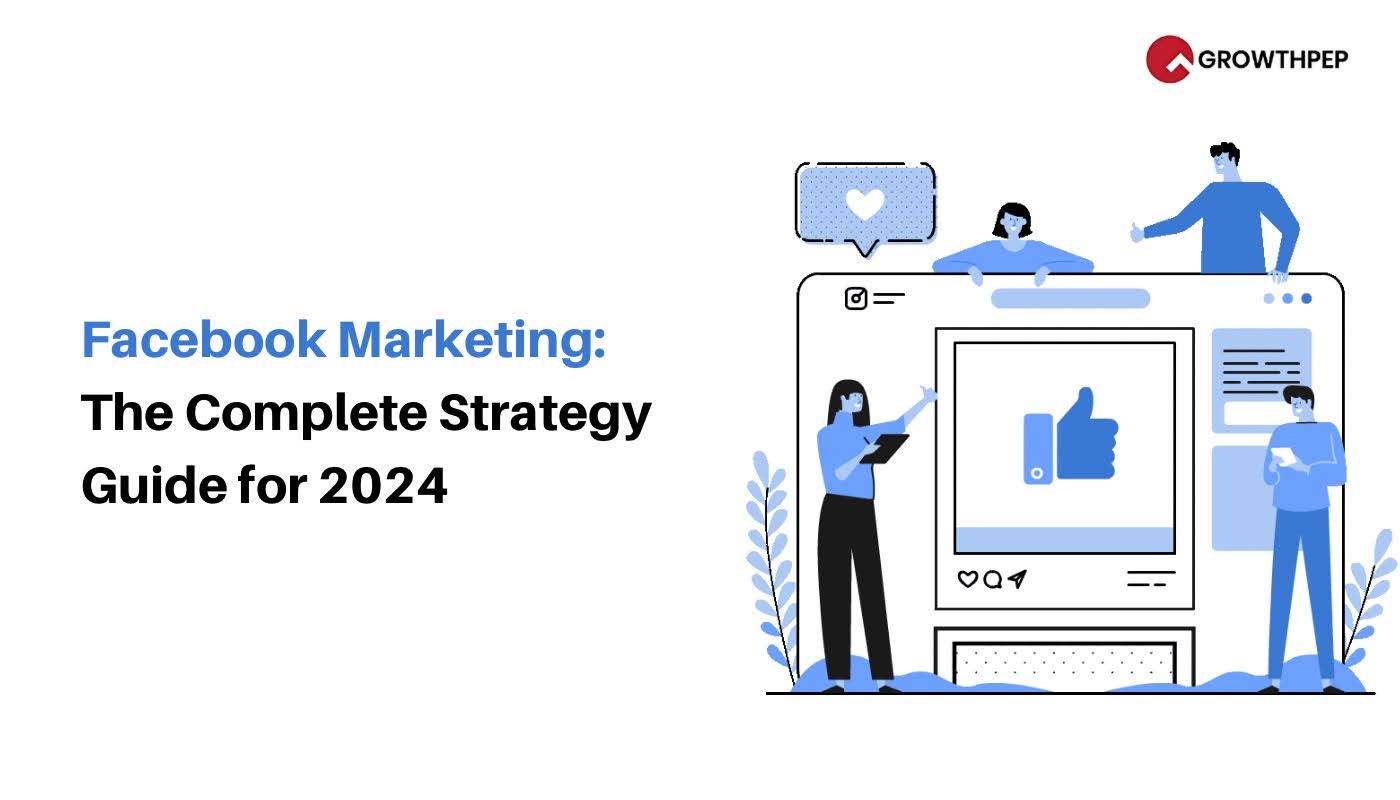Best Marketing Automation Tools for 2024
Marketing automation is no longer just a buzzword—it’s a critical strategy for businesses seeking to scale their marketing efforts, improve lead management, and maximise ROI. As we look forward to 2024, the market for automation tools is more competitive and innovative than ever, offering advanced features that allow businesses to streamline workflows, personalise customer journeys, and convert prospects into loyal customers.
Research shows that an average of 56% of companies currently use marketing automation, with 40% of B2B companies planning to adopt the technology.
In this guide, we’ll delve into the best marketing automation tools for 2024, highlighting their key features, benefits, pricing structures, and how they can elevate your marketing campaigns. From powerful CRM integrations to AI-powered tools, we’ll provide all the insights needed to help you choose the right solution for your business.
What Are Marketing Automation Tools?
Marketing automation tools are software platforms designed to automate repetitive marketing tasks, streamline workflows, and manage multi-channel campaigns. These tools free up valuable time, allowing you to focus on strategy, creative development, and analysis rather than manual tasks. By implementing automation, you can nurture leads, improve customer engagement, and ultimately increase sales.
Key Features of Marketing Automation Tools:
- Email Marketing Automation: Create and schedule emails to send automatically based on triggers or timeframes.
- Lead Generation & Nurturing: Automate capturing, scoring, and nurturing leads throughout the sales funnel.
- Social Media Scheduling: Plan and automate posts across social media platforms to ensure consistent brand messaging.
- Analytics & Reporting: Track campaign performance in real-time and access comprehensive reports to inform data-driven decisions.
- Multi-Channel Campaign Management: Automate marketing campaigns across various channels, including email, SMS, social media, and more.
Marketing automation tools simplify and enhance the marketing process, making it easier for businesses to reach their audience at the right time with the right message.
Let’s understand why you need marketing automation tools.
Also Read: Digital Marketing Strategies for Ecommerce: Tips and Examples
Why Do You Need Marketing Automation Tools?
Implementing marketing automation tools can transform your marketing strategies, improving efficiency, personalisation, and conversion rates. Here’s why:
- Efficiency: Automate time-consuming tasks such as sending emails, scheduling social media posts, and scoring leads, which allows your team to focus on more strategic initiatives.
- Personalisation: Deliver tailored messages to your audience based on their behaviors, preferences, and stages in the buyer’s journey. Personalisation drives engagement and increases the likelihood of conversion.
- Lead Management: Automating lead generation and nurturing processes ensures no leads are overlooked, allowing you to manage and convert them more effectively.
- Data-Driven Decision Making: Marketing automation platforms provide access to detailed analytics, allowing businesses to refine their strategies and maximise their ROI.
- Customer Journey Mapping: Automation tools enable businesses to map and control the customer journey from awareness to purchase, ensuring consistent engagement.
Given these powerful advantages, let’s explore the top marketing automation tools for 2024.
Also Read: Guide to Generating Leads With Facebook Ads
7 Best Marketing Automation Tools for 2024
Here’s a comparison table for the seven marketing automation tools based on what they are best for, standout features, and pricing:
| Tool | Best For | Standout Feature | Pricing |
| HubSpot Marketing Hub | Businesses looking for an all-in-one marketing and CRM solution. | Comprehensive suite combining marketing, sales, CRM, and customer service tools. | Free plan available; Paid plans start at $18/month. |
| Brevo (formerly SendinBlue) | Small to medium-sized businesses need multi-channel marketing automation. | Multi-channel automation (email, SMS, WhatsApp) with CRM and meeting scheduling. | Free plan available; Paid plans start at $8/month (billed annually). |
| Omnisend | E-commerce businesses focused on omnichannel marketing. | Seamless integration with e-commerce platforms for email and SMS campaigns. | Free plan available; Paid plans start at $16/month. |
| ActiveCampaign | Small to medium-sized businesses need advanced automation. | Advanced email marketing automation and CRM features. | No free plan; Paid plans start at $39/month (billed annually). |
| SendPulse | Businesses with a focus on multi-channel communication. | Wide range of communication tools, including email, SMS, and chatbot functionality. | Free plan available; Paid plans start at $8/month. |
| Klaviyo | E-commerce businesses focused on customer segmentation and personalisation. | Powerful audience segmentation and personalised marketing for e-commerce. | Free plan for up to 500 emails; Paid plans start at $20/month. |
| Customer.io | Data-driven teams focused on customer retention and lifecycle marketing. | Real-time data and behavioral-based messaging. | No free plan; Paid plans start at $100/month. |
Let’s start by diving deep into each of these tools.
1. HubSpot Marketing Hub
HubSpot Marketing Hub is one of the most popular and comprehensive marketing automation platforms. It goes beyond automation by offering an integrated solution that unifies marketing, sales, and customer service efforts.
Key Features:
- CRM Integration: HubSpot Marketing Hub integrates seamlessly with HubSpot’s CRM, allowing businesses to unify their marketing, sales, and service data. This ensures a smooth transition from lead generation to customer conversion.
- Powerful Workflow Builder: HubSpot offers an intuitive workflow builder that allows marketers to automate email sequences, lead nurturing, and complex multi-channel campaigns. Advanced analytics tools give you insights into campaign performance.
- Extensive Integration Library: With over 1,600 integrations, HubSpot connects with your favorite apps, such as Salesforce, Mailchimp, and Google Analytics, to enhance its functionality.
- User-Friendly Interface: HubSpot’s onboarding and demo experience are excellent, making it a top choice for businesses new to marketing automation.
Pros:
- Robust CRM integration
- Easy-to-use workflow automation
- Comprehensive reporting and analytics tools
- Excellent user experience and support
Cons:
- Premium plans can be expensive
- Limited automation on the free plan
- Pricing:
- Free plan available
- Paid plans start at $800/month (billed annually)
Ideal for: Businesses seeking an all-in-one marketing solution with advanced CRM capabilities and seamless automation.
Also Read: Performance Marketing Strategies in e-commerce 2024
2. Brevo (Formerly SendinBlue)
Brevo, previously known as SendinBlue, is a highly versatile marketing automation tool designed for small to medium-sized businesses. It offers a powerful combination of email marketing, CRM, and meeting scheduling features.
Key Features:
- Multi-Channel Automation: Brevo supports email, SMS, and WhatsApp marketing, even on its free plan, allowing you to engage with your audience across various platforms.
- CRM Integration & Meeting Scheduler: Brevo combines CRM functionality with meeting scheduling and marketing automation in one platform, simplifying the customer engagement process.
- Intuitive Workflow Builder: Brevo’s workflow builder allows marketers to create complex, personalised workflows with delays, A/B testing, and CRM updates, making it easy to automate customer interactions.
Pros:
- Affordable pricing with a free plan is available
- Multi-channel marketing automation
- Easy-to-use interface and workflow builder
- Meeting scheduling features included
Cons:
- Limited CRM functionality
- Advanced features only available on higher-tier plans
- Pricing:
- Free plan available
- Paid plans start at $8/month (billed annually)
Ideal for: Small businesses and startups looking for a budget-friendly marketing automation tool with solid email and multi-channel capabilities.
3. Omnisend
Omnisend is a powerful marketing automation tool built specifically for eCommerce businesses. Its multi-channel automation capabilities help online retailers engage customers across email, SMS, and push notifications.
Key Features:
- Pre-Built Workflows: Omnisend has ready-made workflows for eCommerce businesses to automate emails, push notifications, and SMS campaigns.
- Creative Templates: The platform offers a variety of professionally designed email templates that can be easily customised to match your brand.
- Advanced Segmentation: Omnisend allows you to segment your audience based on behavior, purchase history, and demographics, ensuring that your marketing messages are highly targeted.
- 24/7 Customer Support: Omnisend provides excellent customer support through email and live chat, even on their free plan.
Pros:
- Easy-to-use automation builder
- Free plan with multi-channel support
- Strong eCommerce integration
- 24/7 customer support
Cons:
- Limited features outside of eCommerce
- Requires an active eCommerce site for full functionality
Pricing:
- Free plan available
- Paid plans start at $16/month
Ideal for: eCommerce businesses looking for a marketing automation solution that integrates seamlessly with their online store.
Also Read: Strategies for Lead Generation in Digital Marketing
4. ActiveCampaign
ActiveCampaign is an advanced marketing automation tool that leverages AI to create highly personalised marketing campaigns. It combines email marketing, CRM, and automation into a single platform.
Key Features:
- AI-Driven Content Creation: ActiveCampaign uses AI tools to assist with content generation, predictive sending, and automation building. This helps businesses create highly effective and personalised campaigns.
- Comprehensive Workflow Library: The platform offers an extensive library of pre-built workflows, making it easy to automate complex customer journeys.
- AI-Powered Chatbot: ActiveCampaign’s chatbot helps you build automation workflows by simply describing what you need, streamlining the automation process.
Pros:
- AI-driven personalisation and automation
- Extensive workflow options
- Comprehensive CRM features
- Multilingual support
Cons:
- Limited form template options
- Predictive AI tools only available on higher-tier plans
Pricing:
- Paid plans start at $15/month (billed annually)
Ideal for: Businesses seeking an advanced, AI-powered marketing automation tool with robust CRM capabilities.
5. SendPulse
SendPulse stands out for its unique approach to marketing automation. It offers a visual chatbot builder that allows businesses to create chatbots for platforms like Facebook Messenger, WhatsApp, and Telegram.
Key Features:
- Multi-Platform Chatbot Builder: SendPulse’s visual chatbot builder enables businesses to create automated chatbots for multiple platforms, making it an excellent tool for personalised communication.
- Integrated Email Marketing: SendPulse seamlessly integrates chatbots with email marketing, providing a cohesive approach to customer engagement.
- Customisable Templates: The platform offers robust email marketing features, including customisable templates, A/B testing, and segmentation.
Pros:
- Multi-platform chatbot builder
- Strong email marketing features
- Flexible pricing with a free plan
Cons:
- Limited CRM functionality
- Some advanced features require paid plans
Pricing:
- Free plan available
- Paid plans start at $8/month
Ideal for: Businesses looking to integrate chatbot automation with email marketing for a comprehensive communication strategy.
6. Klaviyo
Klaviyo is a user-friendly marketing automation tool that is well-suited for eCommerce businesses. It offers a range of customisable templates and integrates seamlessly with popular eCommerce platforms like Shopify and WooCommerce.
Key Features:
- Drag-and-Drop Interface: Klaviyo’s drag-and-drop editor makes it easy for beginners to build automation workflows and create marketing campaigns.
- Customisable Email Templates: The platform offers a wide selection of professionally designed templates that can be tailored to fit your brand.
- eCommerce Integration: Klaviyo integrates with leading eCommerce platforms like Shopify, Magento, and WooCommerce, making it an ideal solution for online retailers.
Pros:
- User-friendly design
- Excellent eCommerce integration
- Strong reporting and analytics tools
Cons:
- Limited workflow options compared to competitors
- Primarily focused on eCommerce
Pricing:
- Free plan available
- Paid plans start at $20/month
Ideal for: eCommerce businesses that prioritise ease of use and want to automate email and SMS marketing.
Also Read: Top 6 Tools for Search Engine Marketing in 2024
7. Customer.io
Customer.io is a powerful marketing automation platform designed for businesses that want to send highly targeted and personalised customer messages. It offers robust features for sending emails, push notifications, SMS, and more, all driven by real-time customer data. The platform is well-suited for businesses that automate communications based on customer behaviors, preferences, and interactions.
Key Features:
- Real-Time Data Integration: Customer.io allows you to trigger automated messages in real-time based on customer activity across various touchpoints, such as website interactions, app usage, and email clicks.
- Multi-Channel Messaging: The platform supports email, SMS, and push notifications, enabling businesses to reach their customers through their preferred channels.
- Advanced Segmentation: Customer.io offers powerful segmentation capabilities, allowing you to create particular audience groups based on customer behavior, demographics, and previous interactions.
- Visual Workflow Builder: The drag-and-drop workflow builder makes it easy to automate complex customer journeys. You can set up sophisticated workflows that send personalised messages based on trigger events.
- Data-Driven Personalisation: With Customer.io’s flexible API and integrations, you can personalise messages using any customer data, ensuring that each communication is relevant and timely.
Pros:
- Real-time data triggers for highly personalised communication
- Flexible API for deep integrations with other tools
- Advanced segmentation capabilities
- Supports multi-channel messaging (email, SMS, push notifications)
Cons:
- It may require technical expertise to utilise advanced features fully
- Pricing can be high for small businesses with large audiences
Pricing:
- Pricing starts at $150/month for basic plans, based on the number of users and messages sent.
Ideal for: Mid-sized to large businesses with advanced automation needs looking to deliver highly personalised, real-time messaging across multiple channels.
Conclusion
As 2024 approaches, the demand for efficient and scalable marketing automation tools continues to grow. From small businesses to large enterprises, finding the right automation solution can significantly improve your marketing strategies, lead generation efforts, and overall ROI.
Whether you’re looking for a powerful all-in-one platform like HubSpot or a more niche solution like Omnisend for eCommerce, the tools highlighted in this guide offer robust features designed to help businesses of all sizes succeed in an increasingly competitive market.
Evaluate your business needs, budget, and desired features to choose the tool that aligns with your goals and enables you to maximise the impact of your marketing campaigns.
If you want to take your marketing efforts to the next level, consider partnering with Growthpep, an ROI-driven performance marketing agency. Growthpep offers comprehensive services such as social media marketing, search engine marketing, lead generation, and e-commerce sales. Specializing in scaling businesses.
Contact Growthpep today to unlock your business’s full potential!

